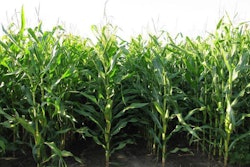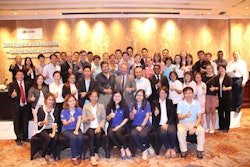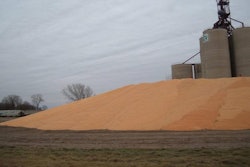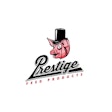
Groups from the U.S. and EU have urged the European Commission (EC) to approve three genetically modified (GM) soybean products for import in order to avoid international trade disruptions.
The three products – MON87705 x MON89788 (high oleic x glyphosate), MON87708 x MON89788 (dicamba x glyphosate) and FG72 (glyphosate x HPPD) – have been awaiting the final stage of EU authorization for import, food and feed uses and processing since January, according to a letter sent jointly by representatives of COCERAL, FEDIOL and FEFAC to Jean-Claude Juncker, president of the EC. The products were deemed safe by the European Food Safety Authority (EFSA) in 2015.
“The authorization of these GM traits has now become critical to ensure the viability of food and feed supplies into the EU while providing the necessary legal certainty to business operators,” the letter says. “COCERAL, FEDIOL and FEFAC therefore ask the President of the EU Commission to finalize the authorization procedure for these three events as a matter of urgency.”
The letter says some of these GM traits are already authorized and/or commercialized in key exporting regions to the EU. “In particular, the import approval of MON87708 x MON89788 in China, coupled with the early planting season in producing countries, is very close to causing severe trade disruptions should this GM soybean not be authorized in the EU before the summer break,” it said.
The EU relies on imports for 75 percent of its animal feed ingredients, and soybean meal is the preferred source.
“In absence of a rapid final decision, EU traders may be forced to restrict vital imports of soy due to the increasing risk of finding traces of GM traits yet to be authorized in the EU, which would negatively affect supplies of both GM and non-GM, which in return will only further exacerbate the long-persisting market crisis in key EU livestock sectors, e.g. the dairy and pig meat sectors,” the letter says.
Claims of 'maladministration'
In a letter sent to EC Commissioner Vytenis Andriukaitis by the U.S. Soybean Export Council (USSEC), the group points out that the EC was found guilty in the past of “maladministration” for taking too long make a final decision on biotech, and it believes that the EC is once again guilty of maladministration by failing to authorize the three soybean products.
“The Commission’s lack of action in providing final authorization for these soy events has already caused unnecessary uncertainty, disruption and cost in the agricultural supply chain. Immediate authorization by the European Commission is needed to avoid substantial additional unnecessary costs and possible disruption to the essential supply of feedstocks needed by the EU’s livestock, poultry and feed industries, which are more than 70 percent dependent on imports of vegetable protein,” the USSEC said.
COCERAL, FEIOL and FEFAC agree: “This failure to either grant the authorizations or indeed provide the required evidence as to why the authorizations cannot be progressed prevents us from providing a reasoned and predictable outlook to our member companies and trading partners as to whether soy supplies will be available from North America in the autumn for the EU market,” they stated.
The USSEC says MON87708 x MON89788, which has been approved by China and other major import markets, has been commercialized on a limited basis and had been planted by U.S. farmers. MON87705 x MON89788 is being grown by U.S. farmers under a closed loop system, and FG72 is being grown under a closed loop system and is expected to launch commercially in the fourth quarter of 2016.
Recently, at a joint high-level EU conference on innovation in animal nutrition in Brussels, FEFANA President Marco Bruni said the animal feed sector has a huge innovation potential to improve the feed efficiency of the EU livestock sector, but that the regulatory approval system needs to move faster.
“There is a strong market demand for the products we deliver, but we often find ourselves caught in a slowly operating regulatory approval process. The feed industry vision is therefore also a call on policy makers and risk assessors to streamline the process. Furthermore, investment in scientific research in animal nutrition and in innovation, as well as more stakeholder dialogue, are prerequisites to making the vision happen,” he said.















